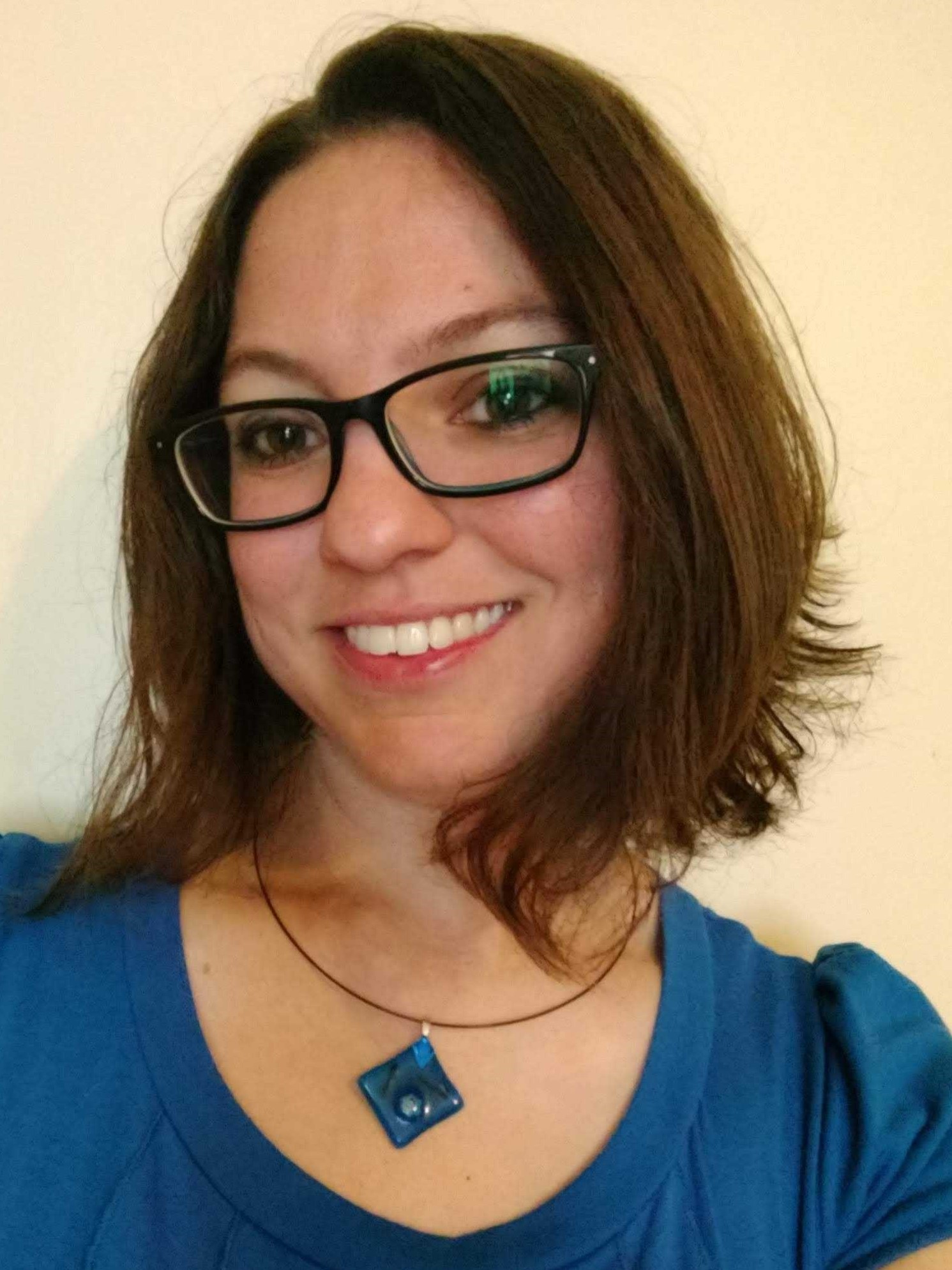Posted in: Aha! Blog > Eureka Math Blog > Eureka Math Professional Development Implementation Support > Successful Summer School Planning for Math
As the school year draws to a close, I’m often asked how to use Eureka Math® in a summer school program. The real answer is: It depends on what you hope students will get out of the experience and on your program logistics. You’ll want to plan your summer school math experience for your specific circumstances.
Know how much time you have.
The most important element of your summer school structure is time. That will affect how much you can accomplish more than any other logistical factor. Know how many instructional days students will have and how much time in each day will be devoted to learning math. Then you’ll be able to realistically plan how much content you can include during summer instruction.
Determine the goals of your summer school program.
Common goals for summer school include providing opportunities for remediation, credit recovery, acceleration, and enrichment. Different students may have different goals for summer school, so choose your content based on your students’ goals and the amount of time you have.
For remediation and credit recovery, focus on the major work of the grade.
Summer school remediation programs support students who have not yet demonstrated proficiency in grade-level skills or in specific content areas. When this is your main objective, focus on some portion of the major work of the grade that students just completed. Target intervention on topics that were particularly challenging for students or that will best support their success in the first modules of the upcoming grade level. For instance, the major work in grade 3 focuses on conceptual understanding with multiplication and division. So consider focusing on lessons and topics from modules 1 and 3 during summer school. Select content that covers approximately one lesson per day of instruction.
In secondary schools, credit recovery programs allow students to improve on the grade they earned in the previous year. If your goal is to offer credit recovery, you can also focus on the major work of the grade. You most likely won’t have as much time as during the school year, so you won’t be able to cover everything. Consider starting with content in module 2. Monitor student success and supplement with supporting content from module 1, or accelerate to later lessons as appropriate. While you can still plan to cover approximately one lesson per day, allow for flexibility on specific lessons based on how students are doing.
For acceleration, focus on essential foundational knowledge.
Summer school can be a time to accelerate learning for students with the intent of advancing student thinking and preparing students for the following year’s module 1, as well as to identify the essential foundational knowledge students will need to be successful. For instance, if you’re planning summer school content for rising fifth graders, you’ll notice that grade 5 module 1 focuses on place value and decimal fractions. Pull content from grade 4 modules 5 and 6, which build the concepts of fractions and decimals and are essential for success in grade 5 module 1.
For enrichment, reach beyond the basics.
Summer school enrichment programs are opportunities for students to deepen or broaden their knowledge beyond what they learn during the school year. Think about ways your students might explore the math they learned through a community project. Or create a project that bridges content areas like the archeology project described in this Digging into Cross-Curricular Content blog post. Determine the specific content of your project based on the math your students know, and then imagine opportunities for applying their learning.
While these ideas can help you plan for summer school, remember that they are simply a guide. Your summer school experience will look different than others because you’ll work to best meet your students’ specific needs. Give yourself the green light to craft a summer school experience tailored to your goals and your students.
Submit the Form to Print

Amy Bustard
Amy Bustard is a Eureka Math Implementation Leader. She specializes in supporting remediation and the development of cognitive and executive functions skills for students in all grade levels.
Topics: Eureka Math Professional Development Featured Implementation Support










